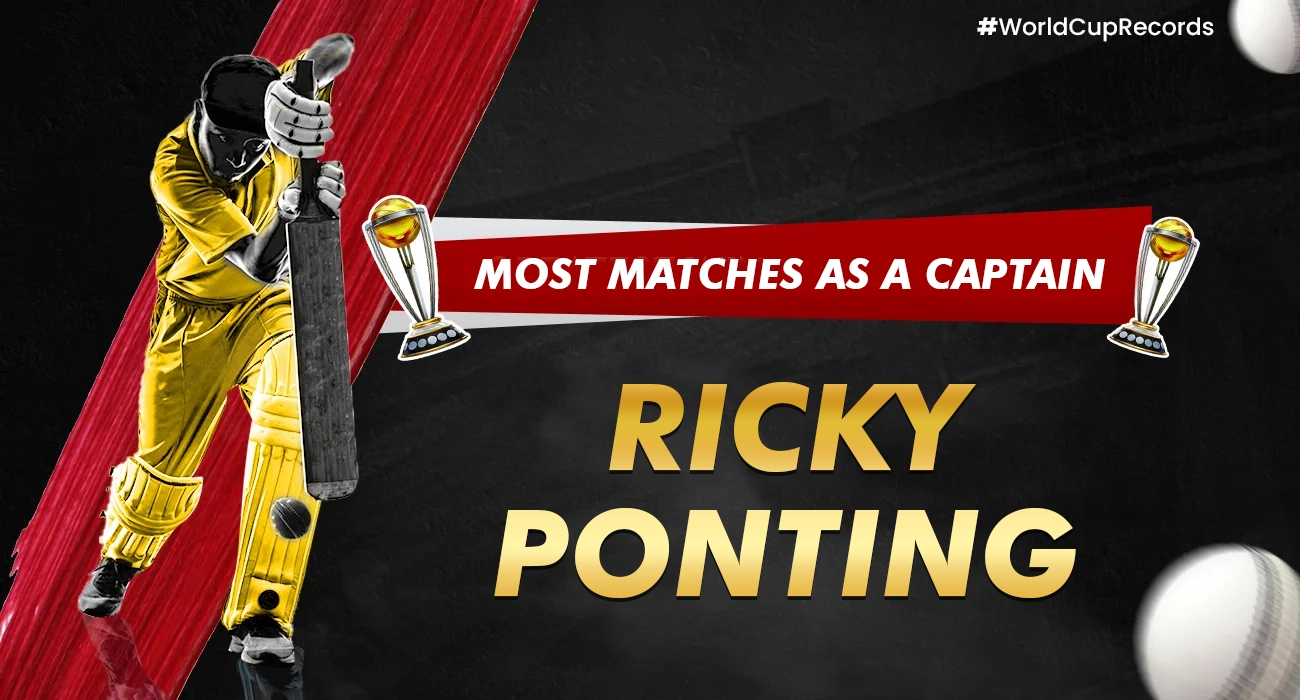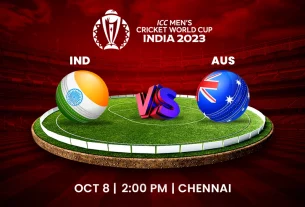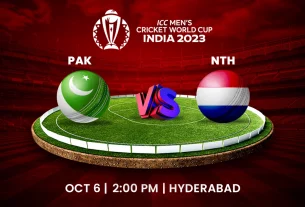ICC Men’s Cricket World Cup Records and Statistics: Which player has made a record for the most matches as a captain in the cricket world cup history?
Cricket World Cups act as the ultimate test of leadership when captains show themselves to be crucial decision-makers regarding the fate of their teams. It takes a unique blend of tactical genius, strategic insight, and the capacity to motivate the players under the most trying conditions to earn the honor of coaching a side in a World Cup. In this blog, we look at those who have handled the most games to recognize the captains who have taken the initiative and displayed their talent in cricket’s most esteemed environment. In the opulent setting of cricket’s championship game, these captains personify leadership at its best and make their fans win real money from Cricket Satta Bazaar.
Clive Lloyd – The West Indies Dominator
From 1975 to 1983, the squad was led by Clive Lloyd, a legendary figure in West Indian cricket, in 17 key World Cup games. With back-to-back World Cup victories in 1975 and 1979, the West Indies dominated at a level never before seen during his captaincy. Lloyd was unmatched when it came to managing his team’s tremendous talent, which included illustrious fast bowlers and formidable batters. He became one of the most successful and admired World Cup captains in the sport thanks to his tactical prowess and talent for motivating his team. The West Indies developed a prestigious cricket heritage under Lloyd’s leadership.
Imran Khan – Pakistan’s Cricketing Statesman
The Cricket World Cup was forever changed by Imran Khan, known as Pakistan’s cricketing statesman. He demonstrated charismatic leadership that peaked with Pakistan’s historic first World Cup victory in 1992 while captaining Pakistan in 22 World Cup games from 1983 to 1992. Imran Khan’s unflinching resolve and superb cricketing judgment were essential in this victory. He was a legendary character in cricket because he led his team to win by strategy and indomitable spirit and inspiring them. The legacy of Imran Khan as a captain and a leader is still praised and revered globally.
Mohammad Azharuddin – The Stylish Indian Captain
During the 1992–1999 World Cups, Mohammad Azharuddin, known for his elegant batting, took charge of the Indian cricket team and oversaw 23 significant games. His leadership style and cricketing attitude were both intelligent, a hallmark of his captaincy. During Azharuddin’s tenure, the team made the unforgettable trip to the semi-finals in 1996, which attested to his ability to lead under the intense strain of World Cup cricket and raised betting money on Best Cricket Betting Sites in India. He became a beloved character in Indian cricket and a reputable captain in the history of the World Cup because of his captivating presence on the pitch and his talent for inspiring the squad.
Stephen Fleming – The Kiwi Visionary
From 1999 through 2007, Stephen Fleming served as the New Zealand cricket team captain at the Cricket World Cups, showcasing his inspirational leadership. His relaxed, collected demeanor on the pitch significantly impacted his team’s success. Despite failing to lead New Zealand to a World Cup triumph, Fleming’s outstanding leadership and tactical insight elevated the Kiwis to a dominant team at the global level. He significantly impacted New Zealand cricket as one of the game’s most illustrious leaders, motivating his teammates and contributing brilliant strategic thinking that increased their competitiveness on the international scene.
Ricky Ponting – The Australian Maestro
Ricky Ponting’s reputation as a legendary Australian cricketer largely correlates with his outstanding leadership during Cricket World Cups. Ponting presided over supremacy when leading the Australian squad in a remarkable 29 World Cup games from 2003 to 2011. Under his direction, Australia won campaigns in 2003 and 2007, demonstrating his keen judgment and aggressive strategy and making Australia practically invincible. The history of the World Cup was significantly shaped by his dynamic on-field presence and unyielding resolve. Australia won the event, and Ricky Ponting’s leadership cemented his place among the competition’s all-time greatest captains.






